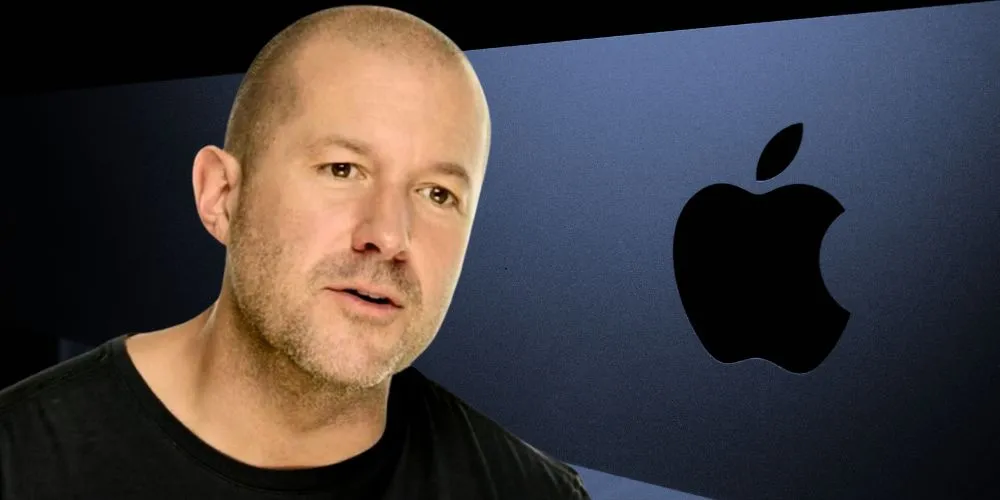Key Points
- Jony Ive has merged his hardware startup io with OpenAI in a $6.4B deal. Ive will lead design efforts for AI-powered hardware products at OpenAI.
- The partnership suggests AI assistants may replace smartphones and laptops.
- Apple’s Siri and AI initiatives have lagged behind OpenAI and Google’s offerings.
- Meta and Google are gaining momentum in AI wearables, pressuring Apple to adapt.
Jony Ive, the iconic designer behind Apple’s most famous products, is re-entering the tech world in a major way. On Wednesday, Ive announced a $6.4 billion merger between his new hardware firm, io, and OpenAI, marking a major move into the AI-powered hardware space. Ive will lead the design of a new class of AI devices, signaling a shift that could challenge the very products he once helped create at Apple.
The partnership highlights Silicon Valley’s growing belief that artificial intelligence assistants could reshape the future of consumer electronics, eventually replacing smartphones and laptops with entirely new types of devices. OpenAI CEO Sam Altman confirmed the goal is to build “a new generation of AI-powered computers.”
Industry analysts are calling this a generational shift. Apple analyst Gene Munster noted that tech revolutions like the internet and smartphones happen rarely, and AI is the next major wave. Even Apple executive Eddy Cue admitted AI devices might replace the iPhone within a decade.
Apple, meanwhile, is struggling to keep pace. Its Apple Intelligence features were delayed, and Siri still lacks the conversational ability of ChatGPT or Google Gemini. Apple is expected to showcase updates at its WWDC conference on June 9, but it now faces new pressure from its former design guru.
Ive, who continues to run his design firm LoveFrom, is bringing key Apple veterans along for the ride, including Scott Cannon, Tang Tan, and Evans Hankey. Their expertise could give OpenAI the edge in developing consumer-friendly hardware.
Despite several AI hardware attempts — such as Humane’s wearable pin and Rabbit R1 — flopping in the market, Ive was blunt, calling them “bad products.” However, Meta’s smart glasses and Google’s Android XR platform are showing early promise.
With OpenAI, Ive now has the backing to create sleek, user-friendly AI hardware that could redefine personal computing — and challenge Apple’s place at the top.





